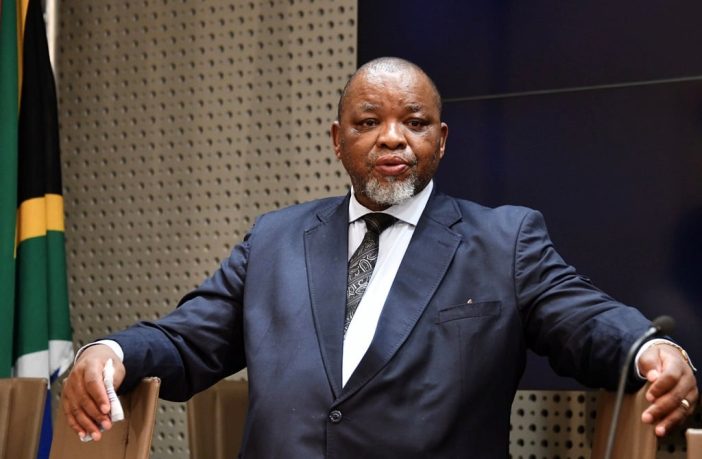- South Africa’s Department of Mineral Resources and Energy (DMRE) received feedback from the first virtual session for public comments on the Draft IRP 2023 which was released in early January 2024.
- The IRP outlines the country’s energy plan leading up to 2030 and 2050.
- On release, it was largely considered to be flawed with the broader energy community questioning the reliability of the input data. Read more
The public hearing, which took place on 31st January 2024, revealed revealed new sources of data to consider in the plan’s modeling according to DMRE energy planning specialist, Mr Sonwabo Damba. He said that the modelling for the draft IRP 2023 did not take into account the implications of the 10% curtailment on the availability of grid connectivity in the Eastern Cape (790MW), and the Western Cape (2680MW), which was announced by Eskom last week. Read more
The Draft IRP 2023 also does not consider Mozambique’s plan to secure the 1150 megawatts of power it sells to South Africa from its Cahora Bassa plant for its own use. Read more
Damba provided insight into where the department sources its data, and some of the assumptions that inform the modelling of the data. Importantly, the department considers unserved energy as a significant cost factor because gas peaking stations will have to run longer to make up for unmet demand. He said that is why its modelling had indicated that an energy system dominated by solar, wind and battery energy storage would be the highest cost system for the country to build. The plan allocates 6220MW to new gas power generation for baseload supply.
Related news: Draft IRP 2023 underestimates strain EV charging will place on the grid
It is expected that the DMRE will try to get the IRP 2023 approved through parliament before the national elections expected to take place in May this year. Read more
Link to a copy of the Draft IRP 2023 HERE
Author: Bryan Groenendaal















